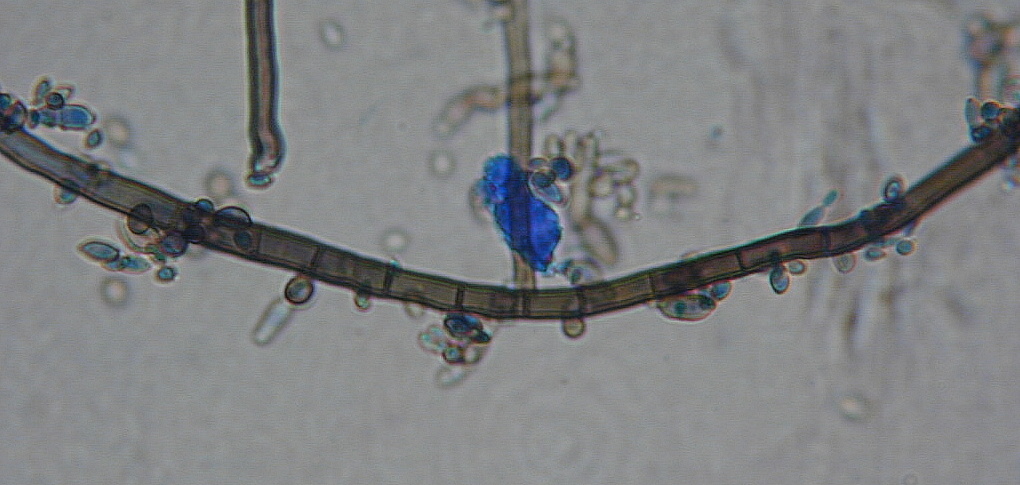Aureobasidium pullulans
Context
-
Recently, scientists have developed a new biomaterial that can be used to disinfect wounds and hastens the process of healing, as seen in mouse models.
About Aureobasidium pullulans
- Aureobasidium pullulans is a ubiquitous and generalistic black, yeast-like fungus that can be found in different environments (e.g. soil, water, air and limestone).
- It is well known as a naturally occurring epiphyte or endophyte of a wide range of plant species (e.g. apple, grape, cucumber, green beans, cabbage) without causing any symptoms of disease.
- The biomaterial is derived from the polymer pullulan which is secreted by the fungus Aureobasidium pullulans .
- It is an exopolysaccharide, that is, this polymer is secreted by the fungus itself into the medium on which it is growing.
- Pullulan as a biomaterial is already successful and widely used commercially.

- It is exploited in food, cosmetics and pharmaceutical industry because of its non-toxic, non-mutagenic and non-immunogenic properties.
- Further, its ease of manufacture has also added to its appeal.
- In the biomedicine sector, it has been used for drug and gene delivery, its use as a antimicrobial biomaterial had not been explored.
- Pullulan is basically a polymeric chain of glucose.
- They process the polymer to get a powder which is water-soluble. This solution can be applied on the wound surface and then covered with a sterile gauze. This can also be used in a gel form.
- This is because hydrogels have an inherent ability to accelerate wound healing by providing a closed and moist environment to the wounds for easy exchange of oxygen and act as absorbent pad to remove the pus and debris.
Reference:
Visit Abhiyan PEDIA (One of the Most Followed / Recommended) for UPSC Revisions: Click Here
IAS Abhiyan is now on Telegram: Click on the Below link to Join our Channels to stay Updated
IAS Abhiyan Official: Click Here to Join
For UPSC Mains Value Edition (Facts, Quotes, Best Practices, Case Studies): Click Here to Join
